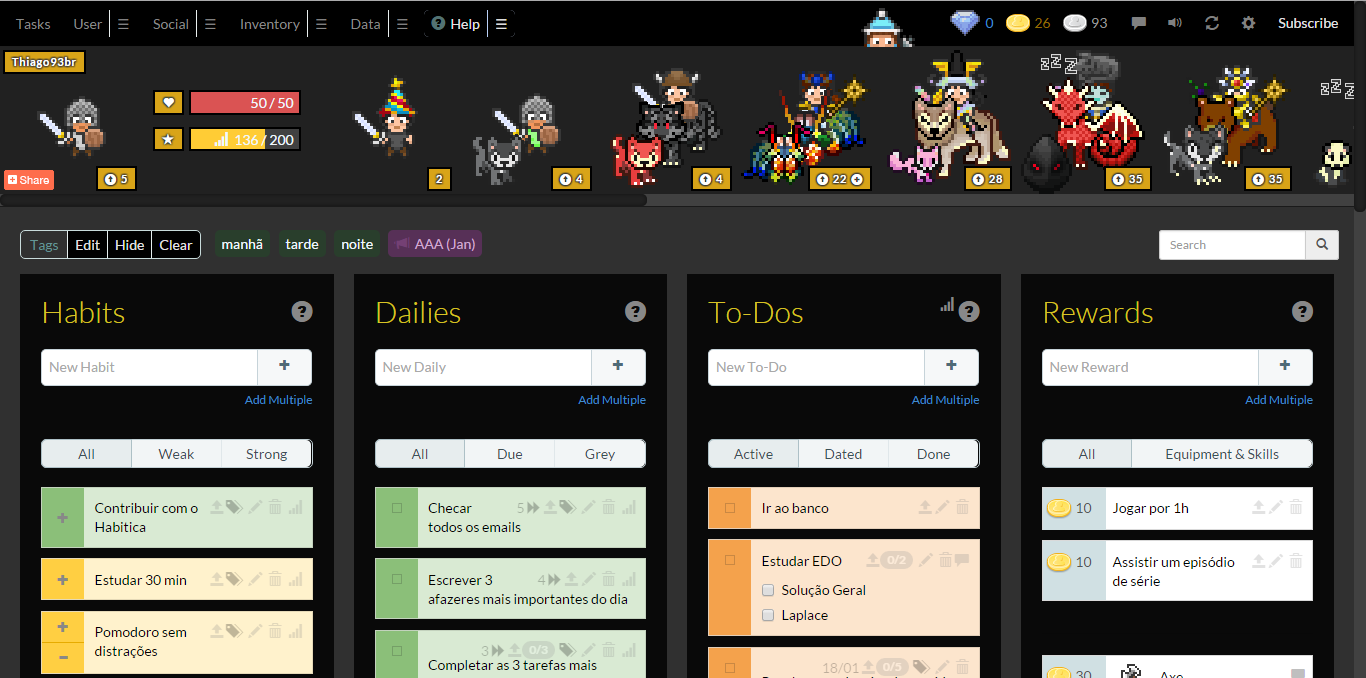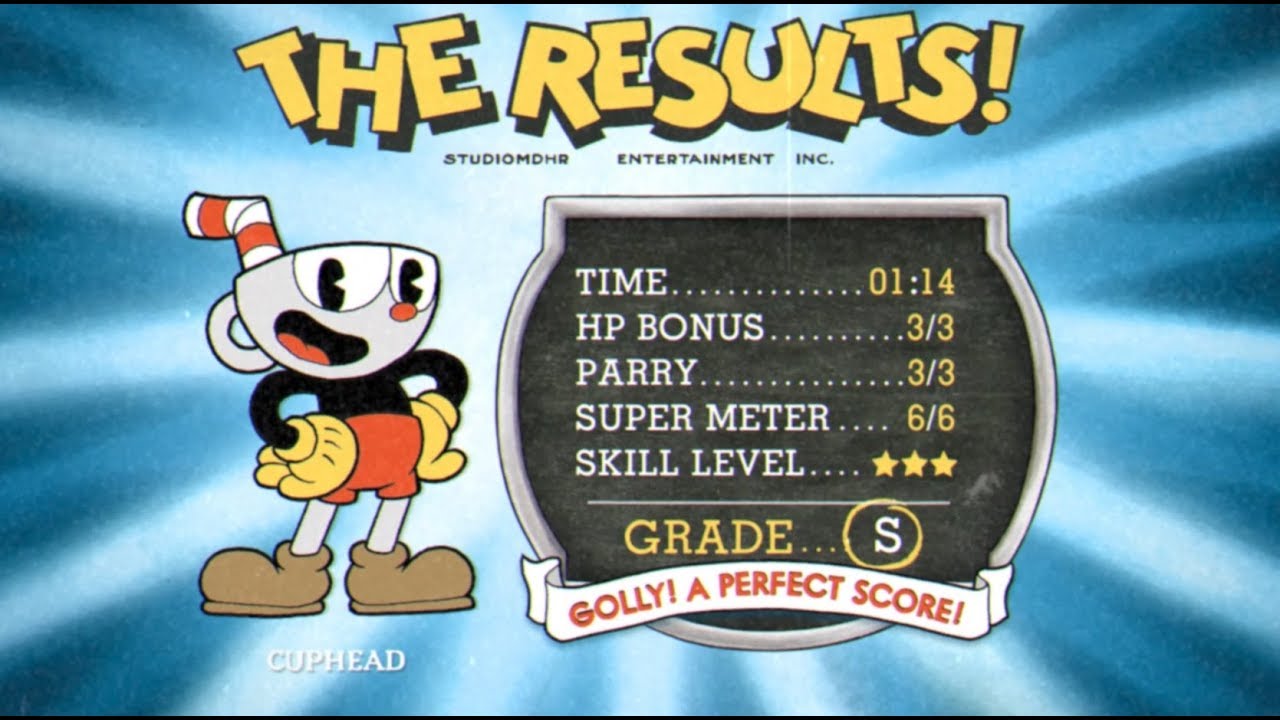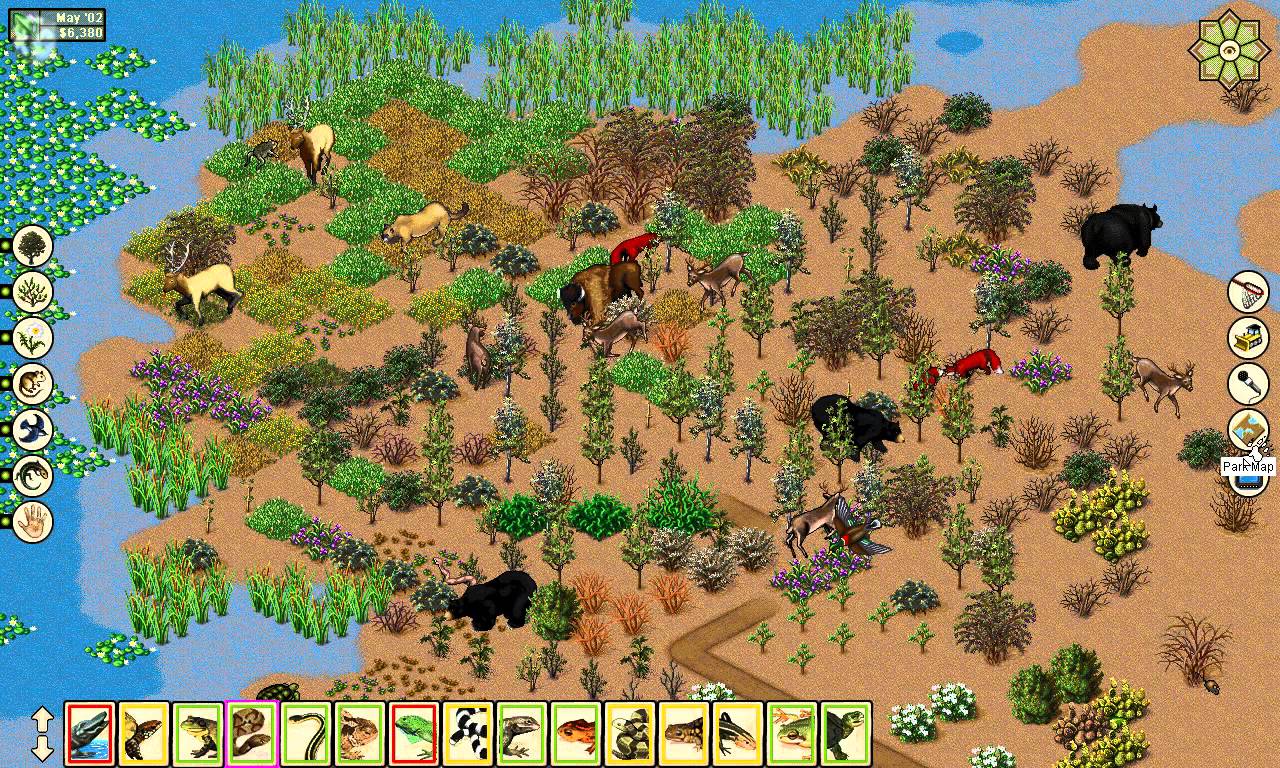Although video games have been around for nearly 60 years, and the average American gamer is 31 years old, many people still believe that video games are just for kids. No responsible adult would waste time playing video games when there are more important things to do, right? It doesn’t help that a recent study out of the University of Chicago found that men between the ages of 21 and 30 not only had more leisure time than a decade ago, but are spending more of that time on video games. The authors also claim that young men are dropping out of the labor force because games like World of Warcraft are much more rewarding than jobs.
Sure, the hullabaloo is not the first instance of old timers worried about the youth rotting their brains away with new technology. It’s also not the first time non-gamers speculated about society’s demise over video games. But as video games (and beloved titles) get older, many gamers don’t stop playing video games. Can adulting and video games really go together, or are video games something responsible adults have to give up to be productive in society?
Of course not! Not only can video games and adulting coexist, but video games can contribute to one’s growth the same way other leisure activities build character and offer challenging experiences.
What Is Adulting?
Adulting, according to the top definition in Urban Dictionary, is “to carry out one or more of the duties and responsibilities expected of fully developed individuals.” Examples of adulting include paying your credit card bill, going to work on time, and choosing not to throw shade on social media. Too bad we can’t play video games to pay off our credit card bills, but there are games that can help us remember our daily tasks.
Habitica can be one of those games. It’s a productivity app that gamifies your to-do list, so it’s not really a video game. However, Habitica helps you turn your life into a game.
Users have three separate lists: habits, dailies, and to-dos. Habits are anything you’d like to build into a habit. You get points for doing your habit, and you lose points and health if you fail to do your habit. Dailies are essentially to-dos on a schedule. For example, some of my dailies are tasks that I need to complete each day at work. Similarly, users get points for completing their dailies and lose points and health if they don’t complete their daily that day. There’s no penalty for failing to complete a to-do item. Users level up after hitting a points milestone. Lose all health, however, and users die and go back down one level.
Add “pay credit card bill” as a habit, get it done, get the points, and you’re rewarded for adulting! Tools like Habitica show how video games help us to practice and reinforce positive behavior in our lives.
Video Games Encourage Perseverance
Some have pushed back against the word “adulting,” arguing that celebrating getting the laundry done on your own minimizes your actual accomplishments. I’d like to add that adulting by itself is often treated as an end goal. You’ve done your laundry. You’ve cooked a dinner more healthy and complicated than opening a can of soup. You’re adulting now, and you’re done. Combine adulting with video games, and people can learn to keep trying, to look for new challenges, and to never settle with current results.
Sure, earning an S rank in every single boss level in Cuphead is way cooler than finishing your laundry, but the achievement isn’t nearly as cool as, say, coming up with the creative new ad campaign at work. However, earning an S rank takes a level of perseverance and determination not necessarily needed for laundry. Yes, there’s another day to do your laundry or another opportunity to come up with the next best thing. However, there’s only one Cuphead. There’s only one way to get an S rank. And even the very few who do manage to earn an S rank for every boss level in Cuphead don’t just stop there
On the one hand, going for S rank on every single boss level is essentially adulting. It’s a very time-consuming accomplishment. It can be very easy to say you’ll take a break once you get the S rank on Rumor Honeybottoms. On the other hand, very few people who do earn an S rank for every boss level don’t just stop there. They may stop with Cuphead, but they don’t stop looking for the next challenge. Even if they do take a break after Rumor Honeybottoms, the quest doesn’t necessarily stop there.
Overall, adulting and video games don’t operate in silos. One can positively influence the other. If we can put our minds toward crushing Cuphead with perfection, then we’re able to accomplish anything.
Video Games Teach Practical Life Skills
Adulting, according to the definition, primarily involves the quotidian, mundane tasks of adulthood. Paying bills, cooking dinner, cleaning up, and going to work are not the most exciting aspects of life. They also aren’t the only aspects of adulthood or life. It’s easy, and rather lazy, to view video games as irrelevant to real life. The relevance is harder to spot in a game like Mortal Kombat than in a game like Kerbal Space Program.
I’m not necessarily talking about educational games and the benefits of introducing video games into the classroom, although educational games do present opportunities to learn practical skills and knowledge. I mean the less obvious instances of learning, like learning how the scoring works in tennis through any tennis game. Or learning geography and history in Mario is Missing! or Where in the World is Carmen Sandiego? Or learning about different wildlife and climates in Sim Park. The possibilities are endless.
Muhammad Ali once said, “A man who views the world the same at 50 as he did at 20 has wasted 30 years of his life.” Adulting is important, but if all you ever did was adulting, then what have you done to expand your worldview? Video games offer valuable opportunities to expand our worldviews and learn about topics we may not otherwise learn through our careers or everyday lives. Learning about ancient Chinese history through Mario is Missing! is not the same as reading a history book, or visiting China, or talking to a Chinese history scholar. But, the latter three ways aren’t the only ways to learn about them. And let’s not forget exposure through video games can lead to someone picking up a book or talking to someone they might not have without the initial exposure.
Overall, video games are perceived as a waste of time partially because the player doesn’t move. Hobbies like playing basketball or reading books are not viewed with the same denigration. Yet, all three can build character and allow people to grow as human beings. Just because video games aren’t “adulting,” that doesn’t always mean video games are the opposite or that they get in the way of functioning as an individual, responsible person.










Published: Dec 9, 2017 5:30 PM UTC